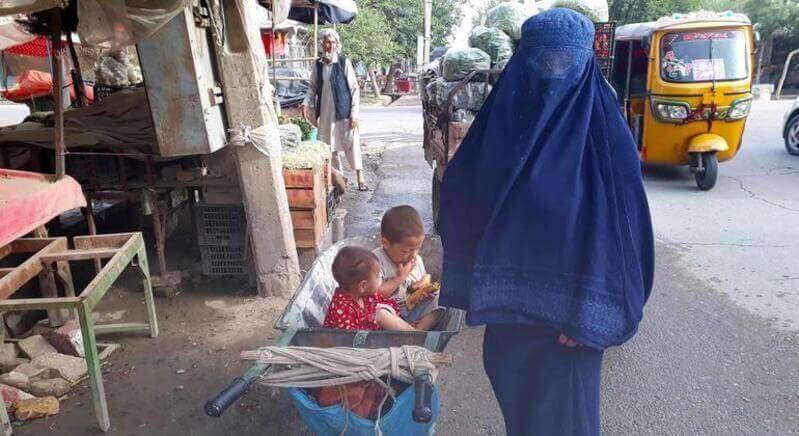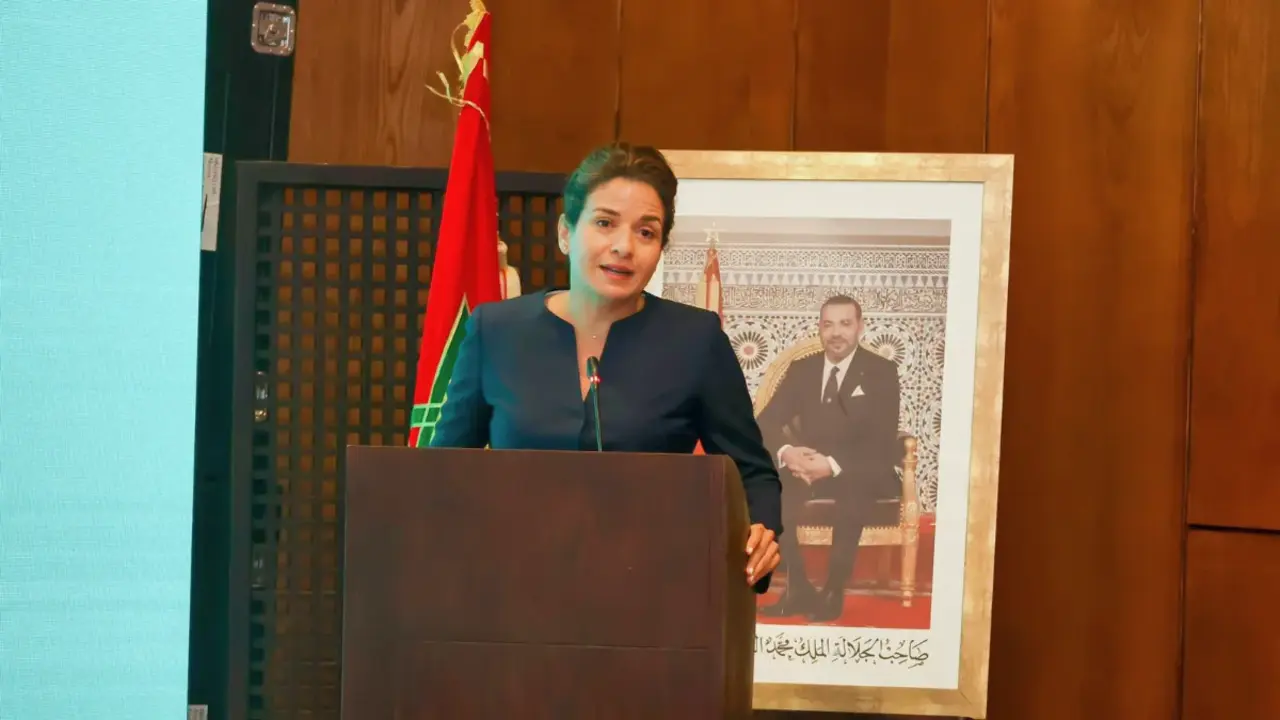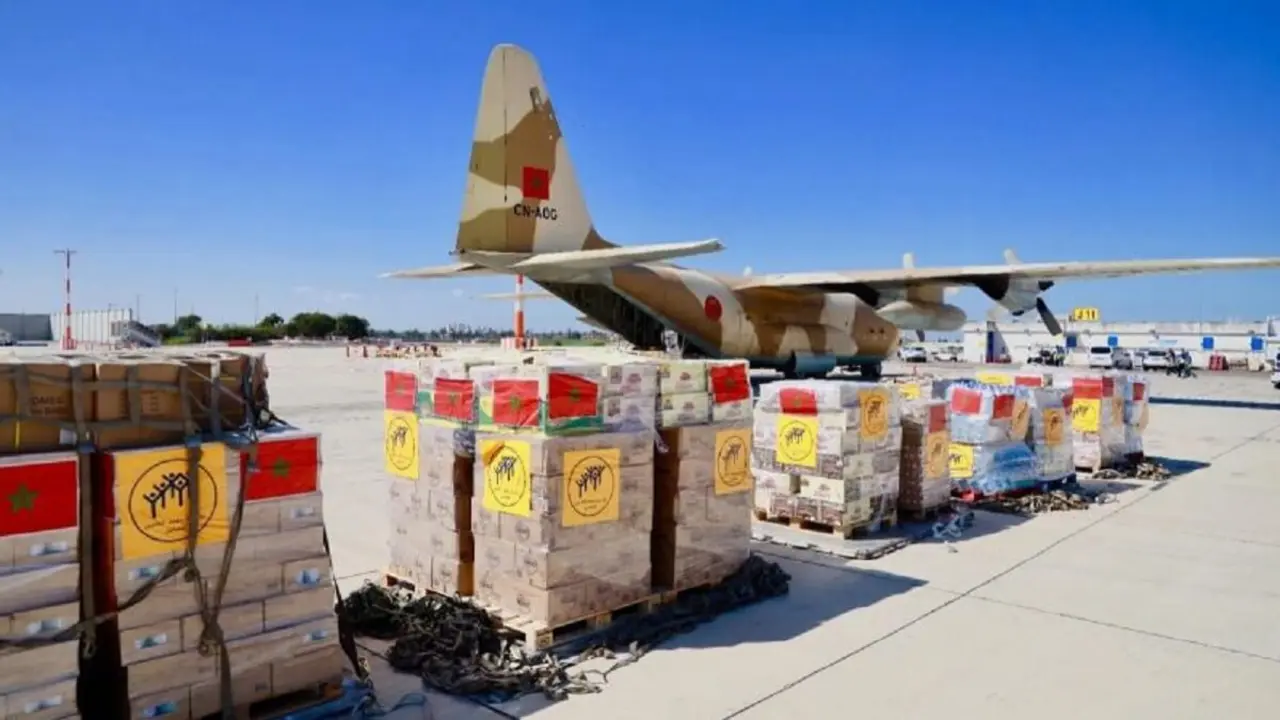Afghanistan: Half of the population suffers misery and needs international investment

The UN Special Representative for Afghanistan has given an account of the misery that plagues much of the population in that country, which also lives in uncertainty about its future.
In a report to the Security Council, Roza Otunbayeva said that while the Taliban control the country, they are unable to control terrorist groups, which continue to cause civilian casualties.
The head of the UN Assistance Mission in Afghanistan (UNAMA) reported that the media and civil society suffer intimidation and repressive actions by the de facto institutions, and emphasised the suppression of women's freedoms, including the prohibition of their access to secondary and higher education, as well as to public and political spaces.
Otunbayeva also denounced executions and public corporal punishment, and reported that the UN has opened a dialogue with the Taliban on human rights and violations of international law.
On the other hand, she said that corruption has decreased, thus increasing the de facto government's revenues despite the shrinking economy.
"With these revenues, and by reducing the costs of government, the Taliban have been able to finance their budget and have announced that they have the resources to start some development projects," she said.
The de facto authorities have also managed to maintain macroeconomic stability, albeit at a much lower level of economic activity. After a sharp deterioration in the currency a year ago, the Afghan currency has remained relatively stable and exports have risen to $1.7 billion this year, compared to $700 million under the Republican government.

She clarified, however, that although the Taliban have managed the economy better than expected, more than half of the population is fed by international assistance.
The Special Representative explained that the Taliban have identified the private sector as a key driver of economic growth and are somewhat responsive to the concerns of businessmen, but added that the main impediment to further investment is the high cost of international financial transactions given the reluctance of international banks to do business with Afghanistan.
Another factor negatively influencing productive investment is political uncertainty.
Otunbayeva warned that while some of the data in the economic sphere may look positive, it may not be sustainable if the real concerns of Afghans are not addressed.
She said that between 11 October and 8 November, the Mission conducted consultations in 12 provinces that revealed public concerns about the ban on girls' education, lack of health facilities, mental health problems, poverty and economic insecurity, and discrimination against ethnic minorities.
"The Taliban have not only failed to address these issues, but in many cases their decisions have made them worse," she stressed.
She added that Afghans are also frustrated by the international community's approach to supporting them, believing that they need development investments rather than donations.
"However, under current conditions, donors are increasingly unwilling to look beyond the provision of humanitarian assistance," she said.
As long as girls remain out of school and the de facto authorities continue to ignore other concerns expressed by the international community, she said, the country will remain at a dead end.
In this context, she said that for UNAMA, engagement with the de facto authorities must continue in some form. "Afghans want continued engagement from the international community and believe that positive change can only be achieved through increased interaction with those authorities," she said.
Finally, Otunbayeva reaffirmed UNAMA's commitment to the Afghans and assured that it would continue to provide them with humanitarian assistance and give voice to their demands for fundamental rights and freedoms.
"We are committed to these goals and we try to maintain a space for dialogue with the Taliban. But we must do so with a sense of realism, patience and a proper understanding of the situation as it evolves," she said.








